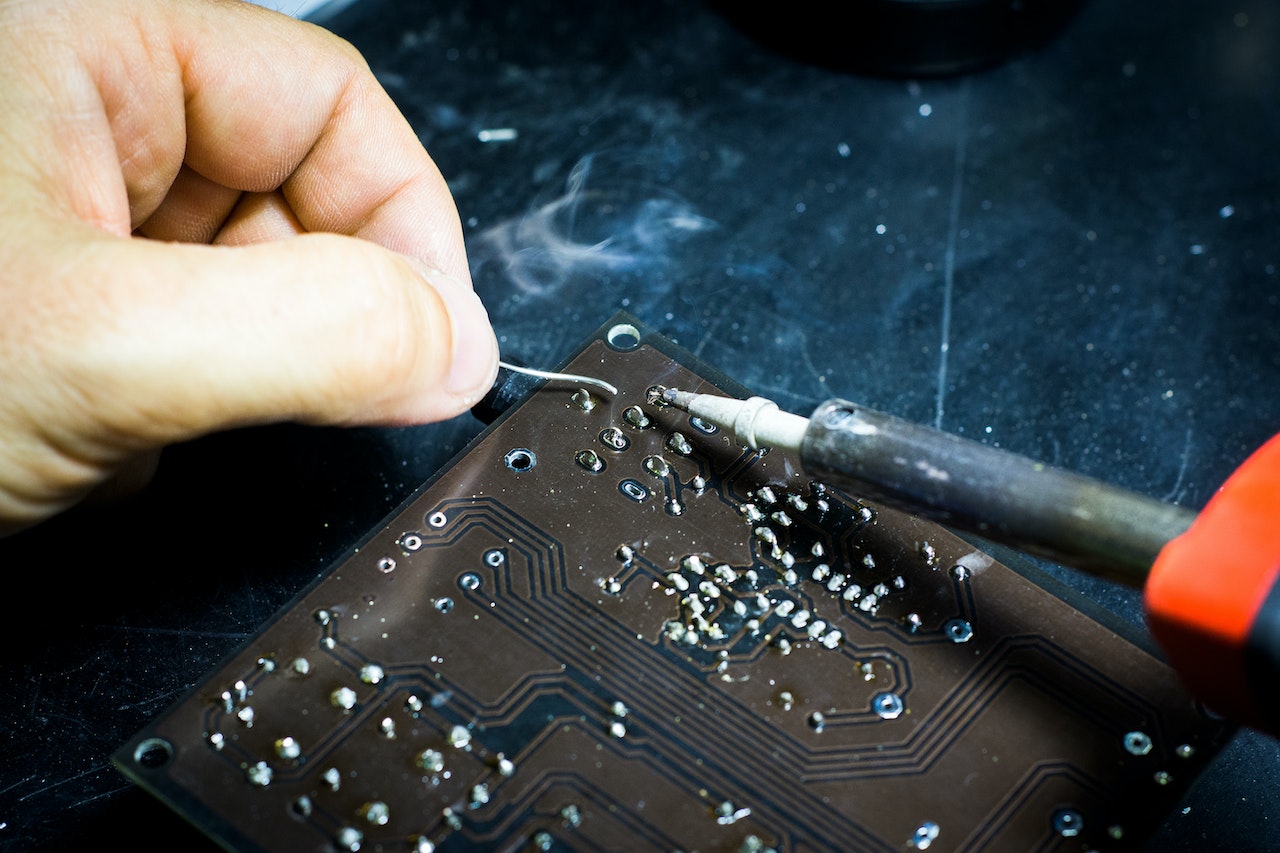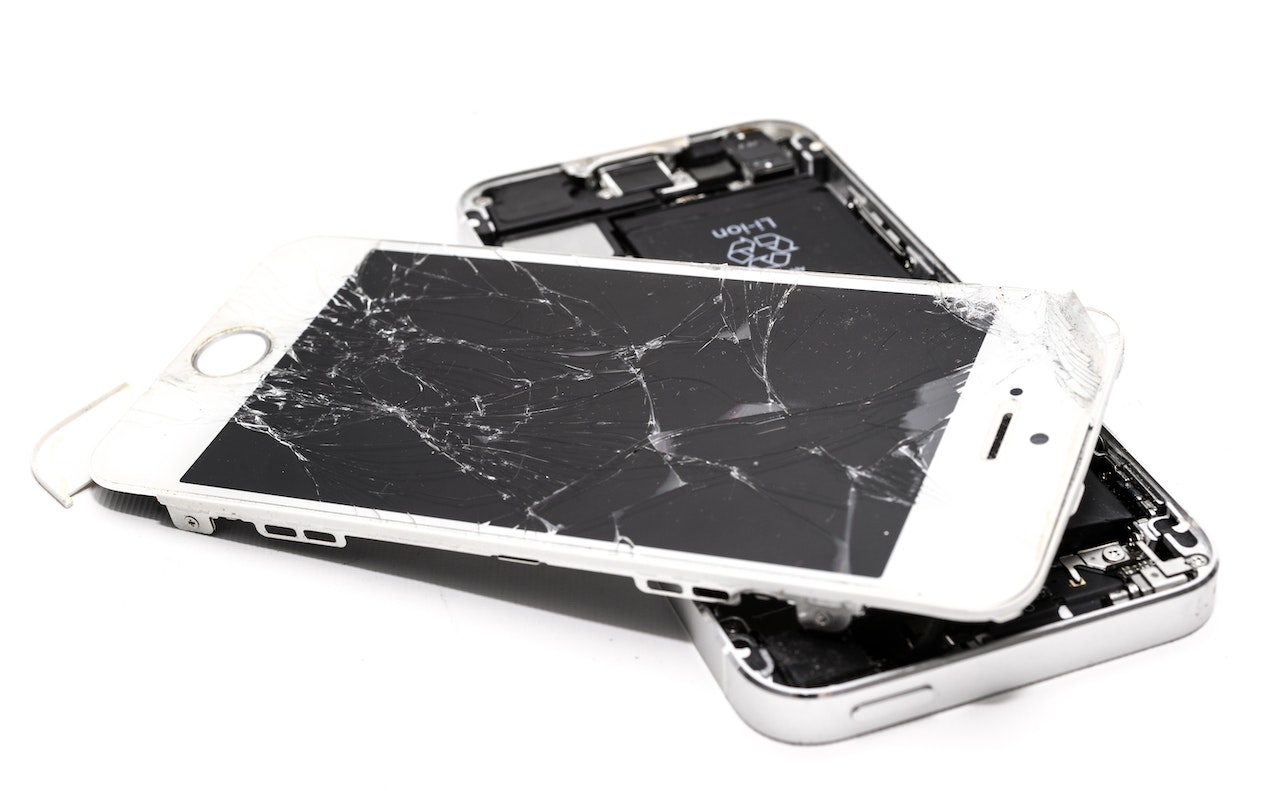Today’s fast-paced world demands nearly every business to rely on computers and other electronic devices. Even industries like restaurants and construction utilize such technology to enter point-of-sale transactions, design layouts and create bids.
All these devices make life easier and increase productivity. However, they don’t last forever and many contain toxic materials that spell environmental catastrophe if you send them to a landfill.
What can you do to reduce the environmental impact? Here are ten ways your business can responsibly handle e-waste.

1. Perform a Needs Analysis Before Buying
The best way to reduce your business’s overall e-waste is to stop creating it in the first place. Consider this — the Americas alone generate 13.1 metric tons of e-waste per capita, closely followed by Europe and Asia. That’s a lot of landfill space and leaked toxins polluting the environment.
Instead, perform a needs analysis before investing in new electronic equipment. Consider alternatives — do you need a printer for meeting handouts if a whiteboard will do the trick?
2. Take Inventory
Many businesses lose track of how much electronic equipment they’ve amassed over the years, so start by taking inventory.
Are there computers that people aren’t using? Do you have a few company phones with cracked screens that otherwise work? Consider refurbishing them instead of ordering new ones.
Include used adaptors and power cords in your organizing. You can use many of them for more than one device — you might not need that 12-volt plug after all.
3. Donate Your Used Electronic Equipment
If your industry sector demands the fastest, most up-to-date equipment, you could burn through devices even though they remain still operable.
Those in this category should donate their used electronics to schools and non-profit organizations to help people in need. Doing so stops you from throwing away a perfectly good machine and helps others access technology they might not have had before.
4. Adopt Cloud-Based Solutions
The early days of cloud technology filled many business owners with valid scepticism about how private their data would remain. However, today’s higher security standards mean your records are often more secure when stored electronically versus in paper files that people can misplace or disasters destroy.
Adopt the right cloud-based technology for your office. Doing so reduces printing needs while making work more accessible — telecommuters can log in from anywhere and you may discover you no longer need a printer.
5. Practice Good Preventative Maintenance
Your electronic devices will last longer if you perform scheduled maintenance. Doing so saves money and the planet, as poorly maintained equipment fails and needs replacement more often.
You should defragment and optimize your computers once weekly, clearing the cache and temporary files and running a virus scan. Follow the manufacturer’s suggested schedule for other devices and install all necessary updates once they are available.

6. Educate Yourself on e-waste management
Understanding the toxins in your electronic devices helps you recognize the importance of responsibly handling your e-waste. Consider these common poisons lurking within your favourite gadgets:
- Lead: This substance may cause kidney and brain damage.
- Mercury: This and other substances on this list cause congenital disabilities.
- Cadmium: Causes heavy metal poisoning.
- PVC: Polyvinyl chloride damages the central nervous system.
- Phthalates: These chemicals cause congenital disabilities.
7. Select the Most Sustainable Products
Some brands do more than others to reduce their carbon footprint, so do your homework before you order. According to Earth.org, Fairphone rings in as the most sustainable tech company in the world right now, followed by Apple, Dell, HP, Lenovo and Microsoft.
8. Repair Damaged Items
It is unfortunate, but many manufacturers make electronic devices all but impossible to repair yourself. Doing so may void your warranty.
However, you have more freedom if the item is past the warranty period. Before you decide to replace the device, try repairing it. For example, slow computers often improve once you add more RAM — even novices can learn how to do this online.
9. Investigate Buy-Back Programs
Manufacturers understand the problems created by e-waste, so many offer buyback programs to recycle parts for new devices. In exchange, you get a discount on your next purchase. It’s a budget-friendly, eco-friendly choice.
10. Investigate Your e-waste Recycling Options
Finally, there are various ways to recycle your e-waste. Research the credible processing companies in your area that operate in conjunction with state laws on disposal. You’ll often need to arrange for pickup and pay a small fee, but saving the environment is worth it.

Handling E-Waste the Right Way? 10 Ways Your Business Can Responsibly Handle E-Waste
Today’s businesses run on technology, but computers, printers and other electronics don’t last forever. However, improperly disposing of them can lead to environmental disaster. Here are some ways to handle electronic waste the right way:
- Perform a needs analysis before buying.
- Take inventory.
- Donate your used electronic equipment.
- Adopt cloud-based solutions.
- Practice good preventative maintenance.
- Educate yourself on e-waste management.
- Select the most sustainable products.
- Repair damaged items.
- Investigate buy-back programs.
- Investigate your e-waste recycling options
Consider the above ways your business can responsibly handle the electronic waste. Make your e-waste management campaign a part of your organization’s larger green initiatives and remain sustainable for the long term.

I am Adeyemi Adetilewa, an SEO Specialist helping online businesses grow through content creation and proven SEO strategies. Proficient in WordPress CMS, Technical Site Audits, Search Engine Optimization, Keyword Research, and Technical Writing (Portfolio).
I help brands share unique and impactful stories through the use of public relations, advertising, and online marketing. My work has been featured in the Huffington Post, Thrive Global, Addicted2Success, Hackernoon, The Good Men Project, and other publications.

